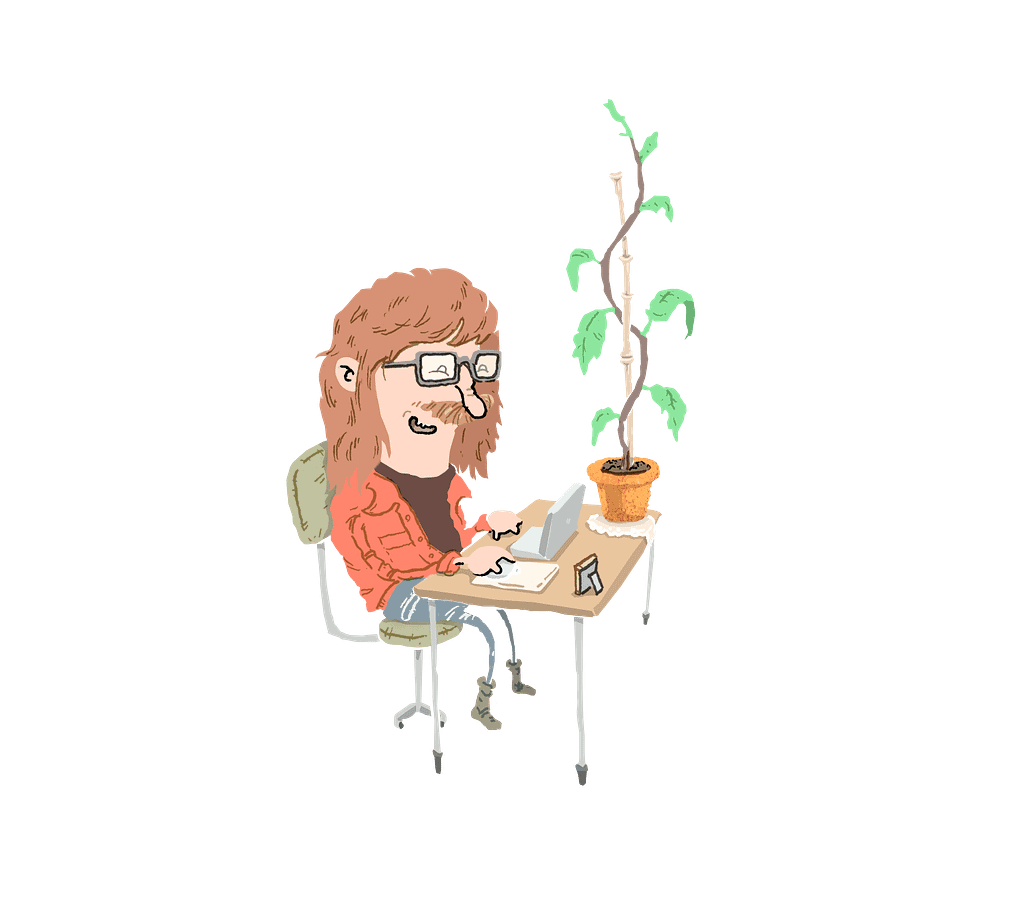“Sustainable software development” may fade away from jargon, but for us it’s a revolutionary way of thinking that adds value to our customers – and, at the same time, helps the planet to stay afloat.
As the software industry grows exponentially, we would like to invite all interested parties to discuss the responsibility of the industry.
What: Compile Sustainable Software Development Breakfast Event
When: Friday 1 April 2020 from 8 a.m. to 11 a.m.
Where: Helsinki Old Student House (Mannerheimintie 3)
At the Compile breakfast, we’ll go over:
- What is happening in the academic world with regard to sustainable software development?
- Examples of sustainable software development for Compile customers
- How does sustainable software development get realised in Compile’s operations?
Speakers at the event
Jari Porras, Professori, LUT University
Since 2013, Professor Jari Porras of the Department of Software Production at LUT University has studied the environmental impact of the ICT sector. He is the representative of the universities in the working group of the Ministry of Transport and Communications, which prepared the ICT climate and environment strategy published in 2021 and now leads the European Erasmus Mundus master’s programme SE4GD – Software Engineers for Green Deal, which aims to train software professionals with a sustainable development mindset.
“The speech looks at sustainable software development from an academic perspective. The aim of the event is to define and understand 1) what sustainability, sustainable development and greenery mean 2) what is sustainable software development and 3) what challenges are seen in sustainable software development.“

Heikki Lehikoinen, Customer Lead, Elisa
A mobile network specialist with a diverse background in information and radio networks, programming, sales and marketing. Lehikoinen, who transferred to Elisa Polystar about a year ago from the consulting business, develops and manages the use cases of the company Automation Engine.
“Operators’ commitment to more sustainable business, energy prices and electricity infrastructure put pressure on energy savings. The above factors create a need and an opportunity to save energy. Elisa Polystar has taken up this challenge and developed a smarter way to save energy. Our solution uses machine learning to identify customer behavioural models at the cellular level of the network, allowing us to save energy when the load on the network will be low.“

Jari Hakulinen, Account Manager, Compile
Jari Hakulinen’s role at Compile consists of a combination of several responsibilities: personnel, customers and sales. The applicant has a background in the ICT sector of more than 20 years, so software development and its challenges have become familiar from many different perspectives. Originally inspired by technology, Jari has turned his attention to more people over the years, and recently the importance of individual well-being in long-term success has become an increasingly central theme.
“When it comes to sustainable development, ideas are typically directed at the environmental and social impacts of companies. Both are important issues, of course, but insofar as the activities of companies are based on individuals – the well-being of the individual should also be highlighted in the analysis. Software development is not a one-way street, so it is important to also understand the activities of the team and the stakeholders involved in the development.“

Antti Halonen, Manager, CX, Sales Digitalization, Konecranes
Antti Halonen has worked at Konecranes for more than 15 years in the port business during his career as a project manager, sales manager and product manager. Since the turn of the year, the responsibility has been to manage customer experiences and the digitalization of sales, starting with the management of the customer self-service portfolio of electronic tools.
“In the Konecranes port business, we wanted to implement a gradual transition to more systematic product lifecycle management. To support this, we developed the Espec 2.0 tool, which is an integrated sales and design tool that is technically and economically sustainable. Through the development project, we will also learn how the agile working method works and how it can also be used in product management.“

